
Climate Change Burden-Sharing Must Not Compromise Developing World’s Growth, India’s PM
1 Comment
/
 Indian Prime Minister Manmohan Singh said that developing countries will not compromise their financial growth for climate change, and that, instead, rich countries need to ensure access to clean technologies.
Indian Prime Minister Manmohan Singh said that developing countries will not compromise their financial growth for climate change, and that, instead, rich countries need to ensure access to clean technologies.
Peter Gleick: Water and Population part 2
In a previous post here, I raised the population and water issue in a general way. My point was that ignoring the population component of our resource challenges was a mistake, certainly in the long term and in some places, in the short term. I think this is indisputable -- resource constraints are worse than they would otherwise be if populations are large and growing rapidly rather than small and growing slowly, or even shrinking.

Idea Central: Collaborative Solutions to SE Australia’s Water Crisis
Software to Engage the Wisdom of Crowds
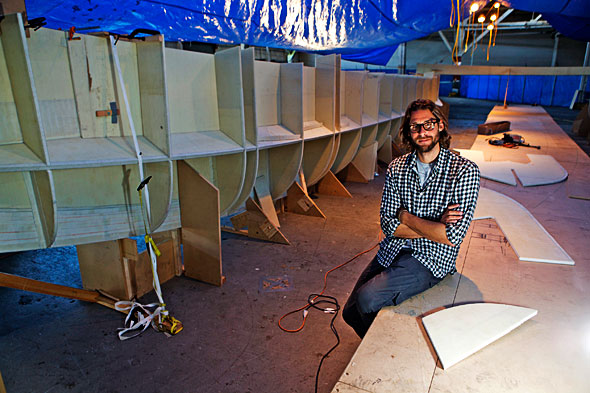
Alternative Adventure: Eco-explorer David De Rothschild to Travel the Pacific in Plastic Ship
After traversing Antarctica in 2004 and spending more than 100 days crossing the Arctic in 2006, in mid-November British adventurer and ecologist David de Rothschild will hoist sail across the Pacific Ocean on a boat made of plastic, or what he calls “the dumbest” product on the planet.
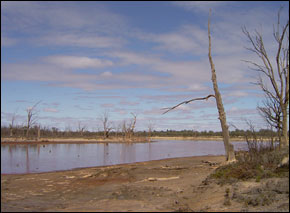
Australia’s Adelaide: A Lesson for Urban Centers Facing the Global Water Crisis
Australia’s fifth-largest city, Adelaide, could see its 1.3 million inhabitants relying more and more on bottled water over the next year, according to local politicians. Mounting consequences of climate change and sluggish national political action have led to high salinity levels and depletion of wildlife along the River Murray.

Peter Gleick: Crikey! Real Water Conservation and Efficiency in Australia
Regular readers of this blog know my feelings about the potential to improve the efficiency of our water use. Besides being cheaper and more environmentally beneficial than new supply options, efficiency improvements are easier to find.
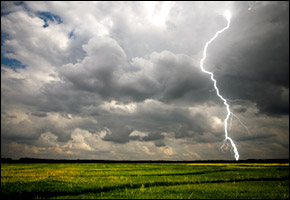 https://www.circleofblue.org/wp-content/uploads/2009/08/stormclouds.jpg
200
290
Nadya Ivanova
https://www.circleofblue.org/wp-content/uploads/2018/06/Circle-of-Blue-Water-Speaks-600x139.png
Nadya Ivanova2009-08-05 16:07:492015-11-24 14:47:45Portents of Precipitation: New Atlas Predicts the Rain
https://www.circleofblue.org/wp-content/uploads/2009/08/stormclouds.jpg
200
290
Nadya Ivanova
https://www.circleofblue.org/wp-content/uploads/2018/06/Circle-of-Blue-Water-Speaks-600x139.png
Nadya Ivanova2009-08-05 16:07:492015-11-24 14:47:45Portents of Precipitation: New Atlas Predicts the Rain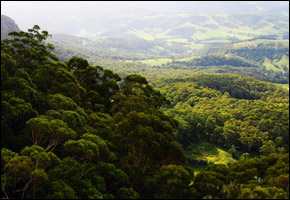 https://www.circleofblue.org/wp-content/uploads/2009/07/nsw_highlands.jpg
200
290
Nadya Ivanova
https://www.circleofblue.org/wp-content/uploads/2018/06/Circle-of-Blue-Water-Speaks-600x139.png
Nadya Ivanova2009-07-09 00:03:262015-11-24 14:47:35Aussie Town Bans Bottled Water
https://www.circleofblue.org/wp-content/uploads/2009/07/nsw_highlands.jpg
200
290
Nadya Ivanova
https://www.circleofblue.org/wp-content/uploads/2018/06/Circle-of-Blue-Water-Speaks-600x139.png
Nadya Ivanova2009-07-09 00:03:262015-11-24 14:47:35Aussie Town Bans Bottled Water https://www.circleofblue.org/wp-content/uploads/2009/07/aus_itrained.jpg
200
290
Dr. Peter Gleick
https://www.circleofblue.org/wp-content/uploads/2018/06/Circle-of-Blue-Water-Speaks-600x139.png
Dr. Peter Gleick2009-07-03 17:12:182015-12-14 15:02:42Peter Gleick: Wake Up, Here is What a Real Water Crisis Looks Like
https://www.circleofblue.org/wp-content/uploads/2009/07/aus_itrained.jpg
200
290
Dr. Peter Gleick
https://www.circleofblue.org/wp-content/uploads/2018/06/Circle-of-Blue-Water-Speaks-600x139.png
Dr. Peter Gleick2009-07-03 17:12:182015-12-14 15:02:42Peter Gleick: Wake Up, Here is What a Real Water Crisis Looks Like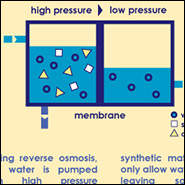
Drinking From The Sea
Pressed by growing urban populations, drier and warmer climates and the need to fortify supplies stretched by the increasing worldwide thirst, metropolitan and national governments on five continents are building record numbers of industrial plants to use a nearly alchemic technology to produce drinking water from the sea.

Fire Hot, Sky Blue, Australia’s Dire Drought Tests Journalists
A Struggle to Tell a Story Everyone Seems to Know
 https://www.circleofblue.org/wp-content/uploads/2009/05/gelloz_excerpt.jpg
64
115
Nadya Ivanova
https://www.circleofblue.org/wp-content/uploads/2018/06/Circle-of-Blue-Water-Speaks-600x139.png
Nadya Ivanova2009-05-16 16:11:252015-11-24 14:46:53Peter Gell: Murray-Darling’s Wetlands
https://www.circleofblue.org/wp-content/uploads/2009/05/gelloz_excerpt.jpg
64
115
Nadya Ivanova
https://www.circleofblue.org/wp-content/uploads/2018/06/Circle-of-Blue-Water-Speaks-600x139.png
Nadya Ivanova2009-05-16 16:11:252015-11-24 14:46:53Peter Gell: Murray-Darling’s Wetlands





